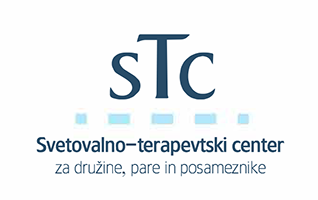Steroid Cure Plan: Understanding Its Role and Implementation
In the realm of medical treatments, the term steroid cure plan often surfaces in discussions about managing various health conditions. This article delves into what a steroid cure plan entails, its benefits, potential risks, and how it can be effectively implemented in clinical settings.
What is a Steroid Cure Plan?
A steroid cure plan refers to a structured approach to using corticosteroids or anabolic steroids to treat specific medical conditions. Corticosteroids are commonly prescribed for inflammatory diseases, autoimmune disorders, and certain types of cancer, while anabolic steroids may be utilized in hormone replacement therapies and muscle-wasting conditions.
Benefits of a Steroid Cure Plan
The implementation of a steroid cure plan can bring numerous advantages:
- Anti-Inflammatory Effects: Corticosteroids are effective in reducing inflammation, making them valuable in treating conditions like arthritis and asthma.
- Immune System Modulation: These steroids can help manage autoimmune responses, providing relief from symptoms and preventing disease progression.
- Muscle Preservation: In cases of chronic illness, anabolic steroids can assist in preserving lean muscle mass, enhancing overall strength and recovery.
Risks and Considerations
While the benefits are significant, a steroid cure plan also comes with potential risks. It’s crucial to consider the following:
- Side Effects: Long-term use of steroids can lead to side effects such as weight gain, mood swings, and increased susceptibility to infections.
- Withdrawal Symptoms: buy steroids online ireland Abrupt cessation of steroids can result in withdrawal symptoms, necessitating a gradual tapering process under medical supervision.
- Dependency Issues: Misuse of anabolic steroids, particularly in sports and bodybuilding, can lead to dependency and various health complications.
Implementing a Steroid Cure Plan
For healthcare professionals, creating an effective steroid cure plan involves several key steps:
- Patient Assessment: Thoroughly evaluate the patient’s medical history, current medications, and specific health needs.
- Dosing Strategy: Determine the appropriate type and dosage of steroids, considering both efficacy and safety.
- Monitoring: Regularly monitor the patient for any adverse effects, adjusting the treatment plan as necessary.
- Education: Educate the patient about the purpose of the steroid therapy, possible side effects, and the importance of adhering to the prescribed regimen.
Conclusion
A well-structured steroid cure plan can play a pivotal role in managing various health conditions effectively. However, careful consideration of the benefits and risks, along with close monitoring by healthcare professionals, is essential to ensure safe and successful outcomes. Patients should engage in open communication with their doctors to optimize their treatment experience and achieve the best possible health results.
